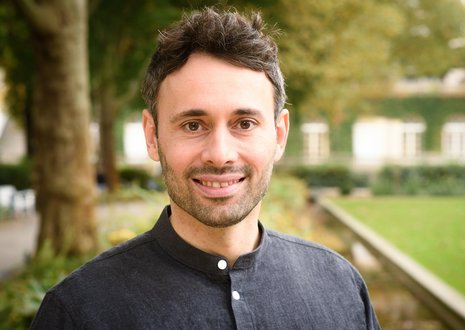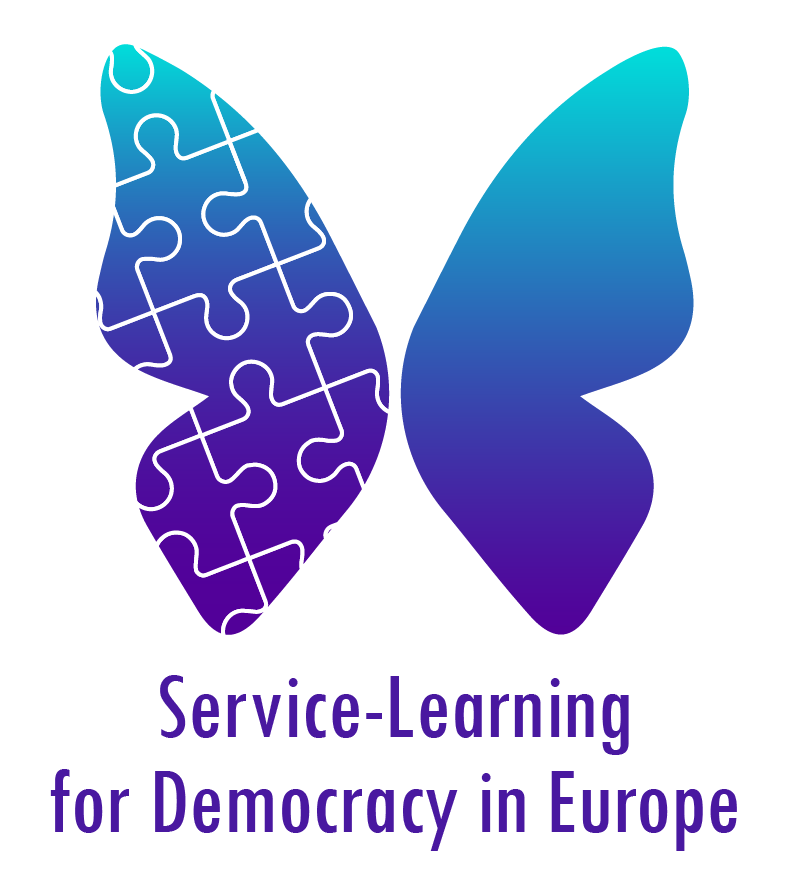
Initiatives like SLEAD (Service Learning for Democracy in Europe) can act as driving forces for a more experience-based school education. In this interview conducted by the German National Agency, Felix Lorenzen, from Stiftung Lernen durch Engagement (LdE), sheds light on SLEAD and the motivation behind it.
– Mr. Lorenzen, your foundation has entered the world of Erasmus+ as a partner and is currently coordinating both a Smaller Partnership (KA210) and a Cooperation Partnership (KA220). What motivated you to take this step? What do you expect to gain from it?
In our opinion, schools often give too little space to education on Europe. We also have the impression that schools tend to shy away from more controversial discussions about Europe and the EU and instead focus purely on knowledge. Granted, the difficult distinction between the European Council, the Council of the EU, and the Council of Europe is relevant, but perhaps only once you have developed an attitude towards the European idea, exchanged opinions, and understood what it all has to do with you.
We spoke with many teachers and experts about how service-learning, with its combination of classroom teaching and civic engagement, can strengthen education on Europe in schools. One conclusion was that there is a huge interest in using the topic of Europe as an occasion for learning and experience. Unfortunately, however, there have been almost no trans-European training and networking opportunities for teachers on service-learning, and almost no examples of cross-border service-learning in schools. Our Erasmus+ cooperation projects fill this gap.
– Your cooperation partnership is entitled “Service Learning for Democracy in Europe”. What exactly is it about?
Service-learning strengthens students’ personal development and social skills. But that’s not all: It also promotes students’ democratic skills—for example, the ability to engage in conflict and dialogue or the recognition of democratic principles. This effect is particularly evident when learning objectives are identified in advance and service-learning lessons are designed accordingly. The project “Service-Learning for Democracy in Europe” aims to train teachers and other stakeholders from the education sector to use service-learning in a targeted and systematic way to acquire democratic skills.
– In spring (January to May 2024), you are offering an online course as part of your project, which has met with great interest with 300 registrations. How can teachers who unfortunately missed out on registering also benefit from this?
We are cooperating with NELE – Campus Neue Lernkultur. We have created a digital course on this platform and uploaded the recordings of the 10-part training series. This English-language course is free of charge and freely accessible. All you have to do is register with NELE.
What has been the most important insight for you personally so far in the cooperation with your European project partners?
It may be a bit of a cliché, but it’s true: Face-to-face meetings go a long way towards facilitating cooperation. Mutual trust and tolerance have grown considerably as a result of the project meetings on site. And at these meetings, you should always allow a little more time for coffee breaks than you might think is necessary—in the short term, this may seem inefficient or lazy, but in the long term, these informal discussions pay off.
– Let’s be honest: what unexpected hurdle in the jungle of the Erasmus program did you face – and how did you manage to overcome it?
The bottom line is that we haven’t faced any major hurdles so far. This is certainly also due to the fact that we have great partners.
However, we can’t draw any conclusions yet because none of the projects we have coordinated have been completed. An interim conclusion is that the effort required as a coordinating institution is enormous, especially when you have many partners.
*The original interview was first published on the website of the German National Agency Erasmus+ School Education.
